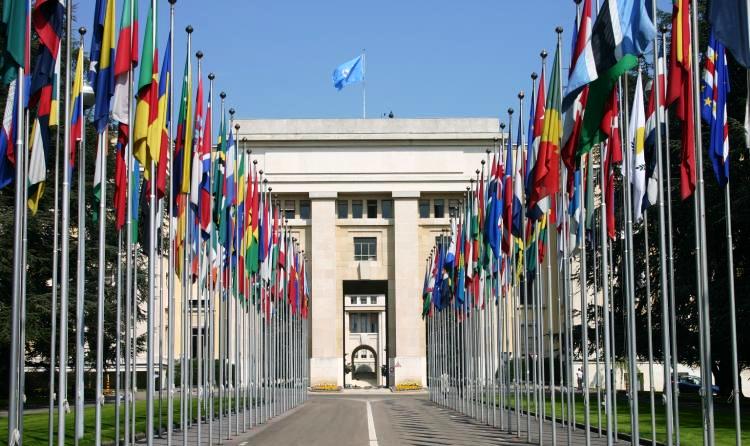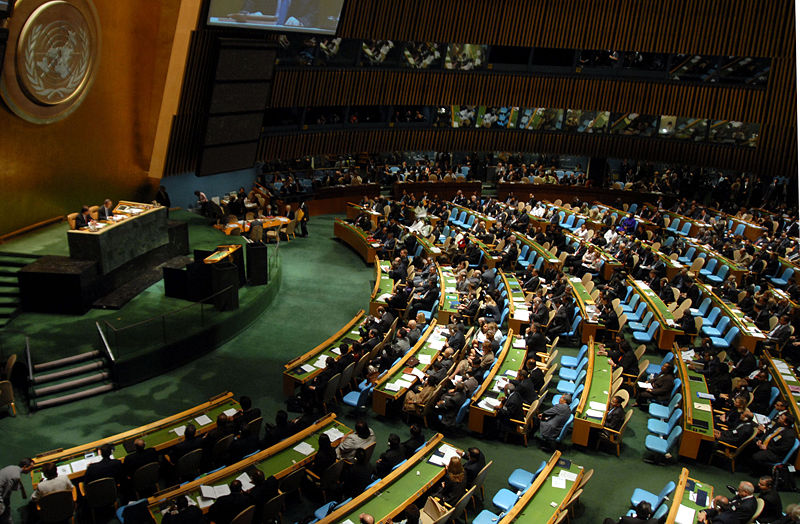Radical Reforms Required In United Nations
Pranay Parashar for BeyondHeadlines A recent event that was supposed to raise…
UN General Assembly Suspends Libya’s Membership in Human Rights Council
United Nations (Xinhua): The 65th session of the UN General Assembly on…


